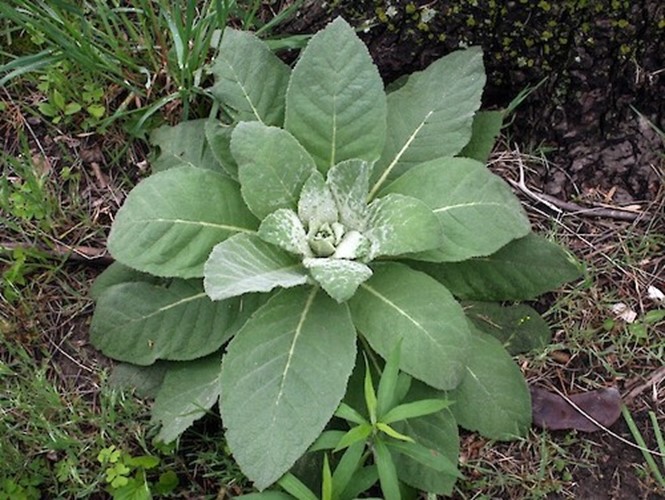Updates
Mullein Leaf Benefits for Respiratory Health
Mullein leaf, also known as Verbascum thapsus, is a perennial herb that has been used for centuries in traditional medicine for its various health benefits. One of the most well- known benefits of mullein leaf is its ability to support respiratory health. In this article, we will explore the various ways in which mullein leaf can benefit the respiratory system and how it can be used as a natural remedy for various respiratory conditions.
Mullein leaf is also a natural anti-inflammatory, which can help to reduce the inflammation and swelling in the airways that can occur with respiratory conditions such as asthma and bronchitis. This anti-inflammatory effect can also help to reduce the severity of symptoms such as coughing and chest congestion.
The leaves of the mullein plant are also rich in saponins, which are compounds that have been shown to have antimicrobial properties. This means that mullein leaf can help to fight off respiratory infections caused by bacteria and viruses. This is particularly useful for conditions such as bronchitis and pneumonia, which are often caused by bacterial or viral infections.
Mullein leaf is also a natural expectorant and can help to clear mucus and phlegm from the lungs and airways. This is particularly useful for conditions such as bronchitis, asthma, and chronic obstructive pulmonary disease (COPD). The mucilage present in the leaves of the mullein plant helps to soothe the respiratory tract and reduce inflammation, making it easier to breathe.
One of the most popular ways to use mullein leaf for respiratory health is to make a tea. To make a tea, simply steep 1-2 teaspoons of dried mullein leaves in a cup of hot water for 5-10 minutes. You can also add honey or lemon to taste. It is important to note that the leaves of the mullein plant can be a little hairy, so you may want to strain the tea before drinking it.
Another popular way to use mullein leaf for respiratory health is to make a tincture. To make a tincture, simply fill a jar with fresh or dried mullein leaves and cover them with alcohol. Allow the mixture to steep for 4-6 weeks, shaking it occasionally. Then strain the liquid and store it in a dropper bottle. Tinctures can be taken in small doses as needed.
You can also make a mullein leaf infusion by steeping 2-3 teaspoons of dried leaves in a cup of hot water for 5-10 minutes. This infusion can be used as a chest rub or added to a warm bath to help clear congestion and soothe the respiratory tract.
Mullein leaf can also be made into a salve, which can be applied topically to the chest and throat to help relieve congestion and coughing. To make a salve, simply mix together equal parts of mullein leaf, beeswax, and coconut oil. Heat the mixture until the beeswax is melted and then pour it into a jar. Allow the salve to cool and solidify before using it.
Mullein leaf is considered safe for most people, but it should be used with caution in people with asthma or other respiratory conditions. It is also not recommended for pregnant or breastfeeding women, as there is not enough information available about its safety in these populations. It is always recommended to consult with a healthcare professional before using any new herbal supplement, including mullein leaf, particularly if you have a pre-existing medical condition.
In conclusion, mullein leaf is a powerful herb that has been used for centuries to support respiratory health. Its expectorant, anti-inflammatory, and antimicrobial properties make it an effective natural remedy for various respiratory conditions such as bronchitis, asthma, and COPD. It can be used in various forms such as tea, tincture, infusion, and salve, and it is easily available in most health food stores or online. While it is generally
safe for most people, it is always recommended to consult with a healthcare professional before using any new supplement, particularly if you have a pre-existing medical condition. With its long history of use and its effectiveness, mullein leaf is definitely worth considering as a natural remedy for respiratory health.



















